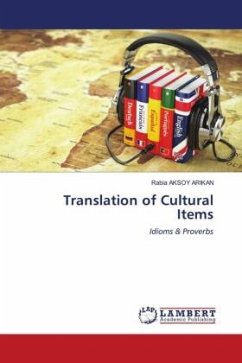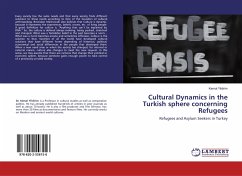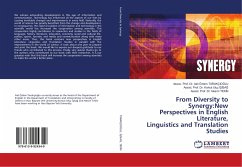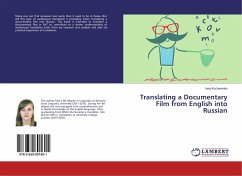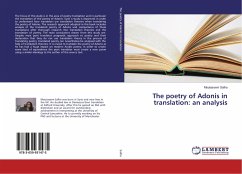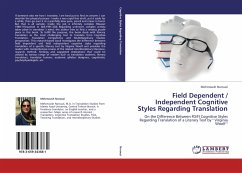The problems of expressing items have been discussed throughout the history of language and thought. One of the main questions about items is whether people and the cultures in which they live do not have the same worldview. Therefore, the same items can be named in different languages in different ways. In translations, the problem of how items in the source language are expressed in the target language leads translators to use false statements or take items as they are. Especially in translations of idioms and proverbs that are unique to the culture, the problem of transferring items becomes inextricable, and it is not possible to achieve an equivalent translation. This book aims to draw attention to the problem of transferring items from English to Turkish with their closest meanings to the target language, to better explain this situation with the examples of idioms and proverbs given.
Bitte wählen Sie Ihr Anliegen aus.
Rechnungen
Retourenschein anfordern
Bestellstatus
Storno

